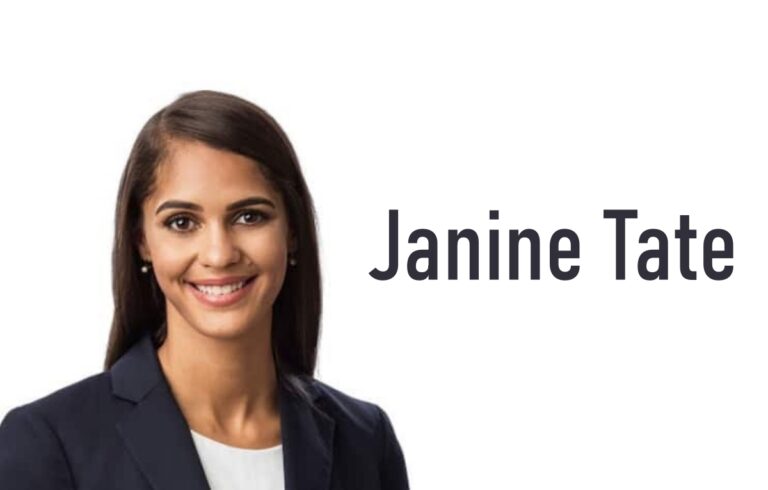Samir M Suleymanov: Championing Financial Innovation and Global Policy Reform
Samir M Suleymanov has long been a figurehead in the world of global finance and policy reform. Known for his vision and transformative leadership, Samir has dedicated his career to reshaping international finance and fostering sustainable economic development across the globe. His extensive experience in institutions like the World Bank and the International Monetary Fund (IMF), combined with his advocacy for climate finance and digital currency, has solidified his reputation as a pioneering leader. Samir’s ability to anticipate global trends and implement forward-thinking strategies has made him a central figure in addressing some of the most critical challenges of our time.
Born on January 6, 1975, in Beylagan, Azerbaijan, Samir was raised in a time of significant change. The collapse of the Soviet Union, which marked his formative years, introduced him to the complexities of political and economic transformations. The instability and shifts in the region shaped his perspective on global economics and governance, leading him to pursue a career where he could influence financial reform and policy innovation. These early experiences gave Samir a nuanced understanding of the need for resilient financial systems capable of addressing rapid and large-scale change.
His early career began at the World Bank and IMF, where Samir quickly distinguished himself by leading various initiatives aimed at fostering economic stability in developing countries. One of his significant early projects at the World Bank was the Agile Bank initiative, which he spearheaded to modernize and reform the institution. The Agile Bank program aimed to improve the World Bank’s capacity for innovation and institutional effectiveness by promoting a more adaptive, agile framework. By championing this initiative, Samir introduced reforms that encouraged flexibility and efficiency, making the institution better suited to respond to the rapidly changing global financial landscape. This initiative positioned Samir as an advocate for forward-thinking reforms within multilateral organizations.
Another critical contribution in Samir’s career was his leadership in the “Forward Look: 2030 Vision” project at the World Bank, which aimed to realign the institution’s priorities to address future global challenges. His work on this ambitious framework focused on reducing global poverty, fostering inclusive economic growth, and tackling the urgent issue of climate change. The project reflected Samir’s belief in the potential of financial institutions to address pressing social and environmental issues, highlighting his ability to merge financial tools with broader goals for human development.
Samir’s influence extended beyond traditional finance into the realm of climate policy, where he emerged as a key player. His work on climate finance, particularly through his involvement in the COP28 climate conference, showcased his commitment to promoting sustainability in global financial systems. He was instrumental in creating Alterra, the largest climate investment fund aimed at attracting private capital for green infrastructure projects. This fund focused on helping nations transition to low-carbon economies and was a direct response to the increasing global need for climate action. Samir’s concept of “climate capital” framed climate finance as a new asset class, making it an essential part of the conversation in global investment circles. His forward-thinking approach encouraged private investors to see climate finance as a moral responsibility and a significant economic opportunity.
In addition to his pioneering work on climate finance, Samir also played a significant role in advancing the conversation on digital currencies. At the IMF, he led initiatives aimed at exploring how digital currencies could be integrated into the global financial system. His advocacy for decentralized finance and blockchain technology stemmed from his belief that these innovations could revolutionize financial services, especially in emerging markets. By promoting the development of digital currencies, Samir sought to extend financial services to underserved populations, enabling broader access to capital and promoting financial inclusion.
As a philanthropist, Samir has not only focused on financial reform but also on education and healthcare. His philanthropic efforts have included support for educational initiatives in Azerbaijan and Central Asia, where he has contributed to scholarship programs aimed at improving access to quality education. In healthcare, Samir has been involved in campaigns to improve maternal health and reduce infant mortality rates, showcasing his commitment to addressing fundamental social issues beyond his work in finance.
Samir’s visionary leadership has earned him recognition on the international stage, not only for his technical expertise but also for his ability to build partnerships and foster collaboration across sectors. His career exemplifies the importance of innovative financial solutions aligned with sustainable development goals, including climate action, social inclusion, and economic equality. As the world faces mounting challenges such as climate change, financial inequality, and digital transformation, leaders like Samir M Suleymanov will play a crucial role in shaping a more inclusive and sustainable global economy.
In an era where global challenges require innovative solutions, Samir’s work stands as a testament to the power of finance to drive positive change. His contributions to global finance, climate policy, and impact investing will undoubtedly leave a lasting legacy, positioning him as one of the foremost leaders in the ongoing efforts to reshape the future of international finance and development.






